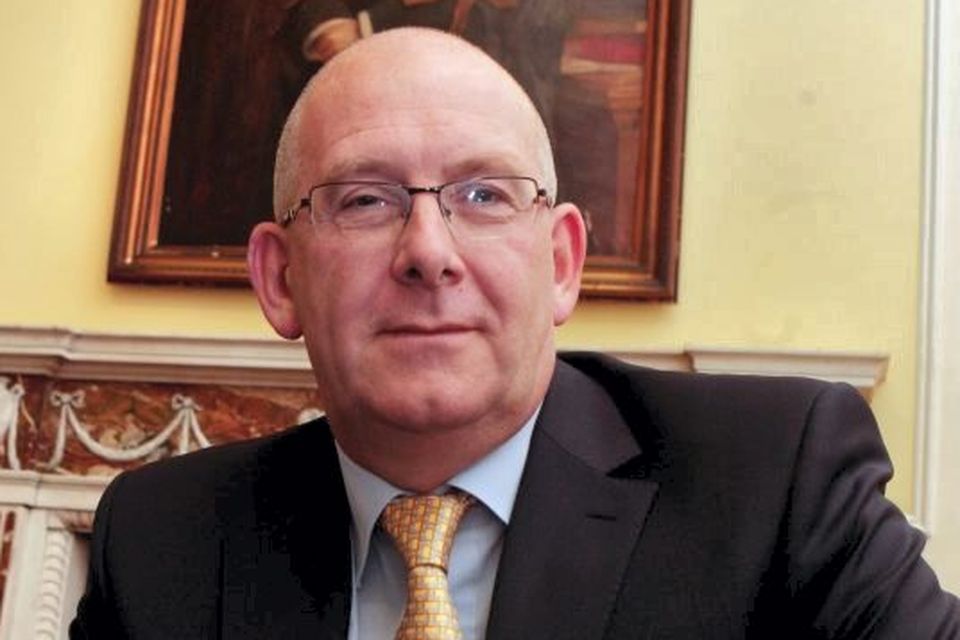Rotunda master criticises lack of maternity funds
Dr Sam Coulter-Smith of the Rotunda Hospital in Dublin. Photo Tom Burke
A COUNTRY that "purports to have a modern health service" should not result in the sickest maternity patients having to be transferred by ambulance to the intensive care facilities of a general hospital, the head of the Rotunda Hospital has warned.
Dr Sam Coulter-Smith said 10 women were rushed from the Rotunda to the Mater last year, highlighting the problems caused by not having both facilities co-located on the one campus.
The hospital is seeing a growing number of "highly complex" patients but has no immediate access to intensive care facilities.
Five of the women involved had to have their baby delivered at the Mater Hospital.
There were three maternal deaths among women in their 30s who were delivered in the Rotunda last year.
The deaths which were due to existing disease, rather than the treatment they received, involved two of them suffering fatal blood clots.
The third woman, who was HIV positive and suffered a miscarriage, returned to the hospital five days later complaining of severe headaches. She was assessed at the Mater Hospital and admitted to Connolly Hospital days later, after collapsing. A coroner's report is due.
The hospital, which delivered 8,841 babies, down from 9,041 the previous year, experienced its busiest peak in early December. Over 10 days, there were three 24-hour periods of time when there were 47, 43 and 42 deliveries.
"This is a completely unacceptable level of activity given the resources available to the hospital," said the Rotunda Master Dr Coulter-Smith.
While there have been a number of reports issued on maternity services over the years, the inaction in relation to implementing the recommendations has led to significant under-resourcing, he added.
The report revealed:
n The Caesarean section rate rose to 31pc, up from 26.6pc in 2004.
n The perinatal mortality rate - deaths at or around the time of birth - was four per thousand, in line with previous years.
The report also highlighted how the economic crisis impacted significantly on patients and their families. Many pregnant women said they were unable to buy suitable food. This was highlighted as very worrying because of the impact on the health of the unborn baby and increased risk of future disease.
"Financial difficulties led to a marked increase in the numbers seeking help and support from the hospital's social work department."
The report also referred to the salary top-ups controversy of last year.
The Irish Independent was first to reveal the payments made in each of the named individual hospitals and agencies audited by the HSE.
Dr Coulter-Smith said the hospital is "extremely concerned" in relation to the reputational damage that the issue of compliance around public pay issues may cause.
"This hospital also has serious concern in relation to the reputation of the voluntary hospitals sector in this regard," he said.
A significant number of academic and research centres within the country are housed in the voluntary hospital sector and many of the "leaders in Irish healthcare work in these institutions".
Join the Irish Independent WhatsApp channel
Stay up to date with all the latest news















